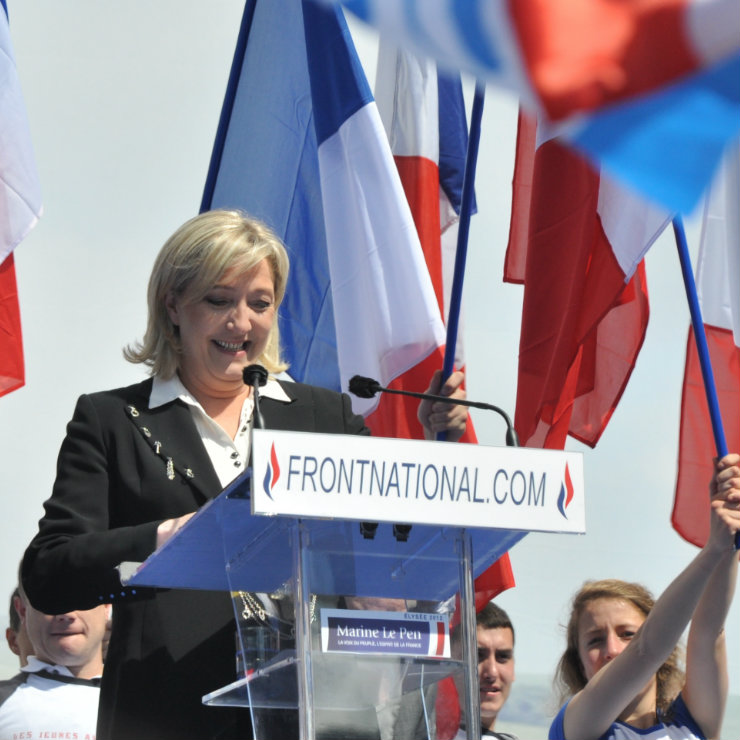
Europe faces a super election year, as the series of elections in the Netherlands (March), France (April) and Germany (September) can have negative impact on political and economic stability of entire continent.
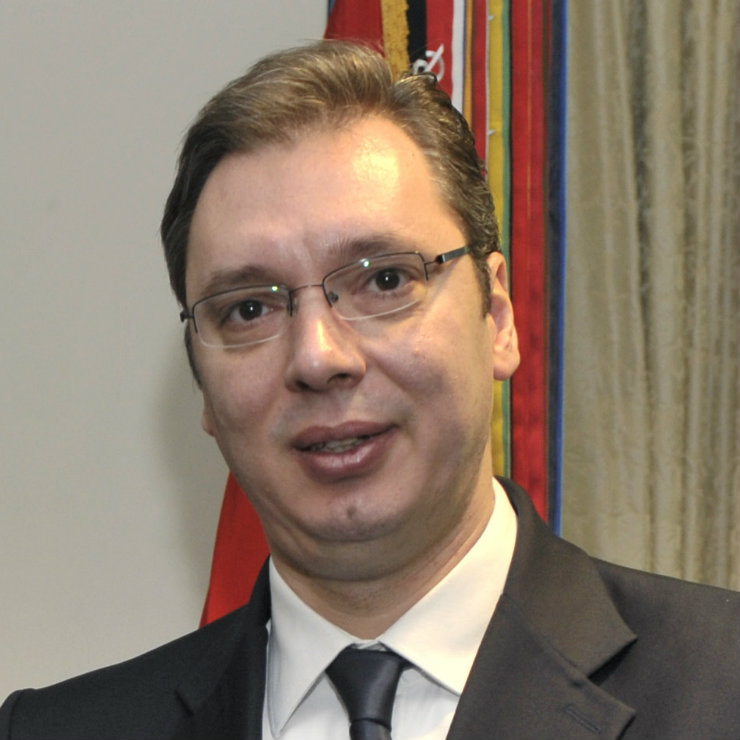
Serbia has come to the point in its stormy history, where it will have to choose between the European Union on the one hand and Russia on the other.
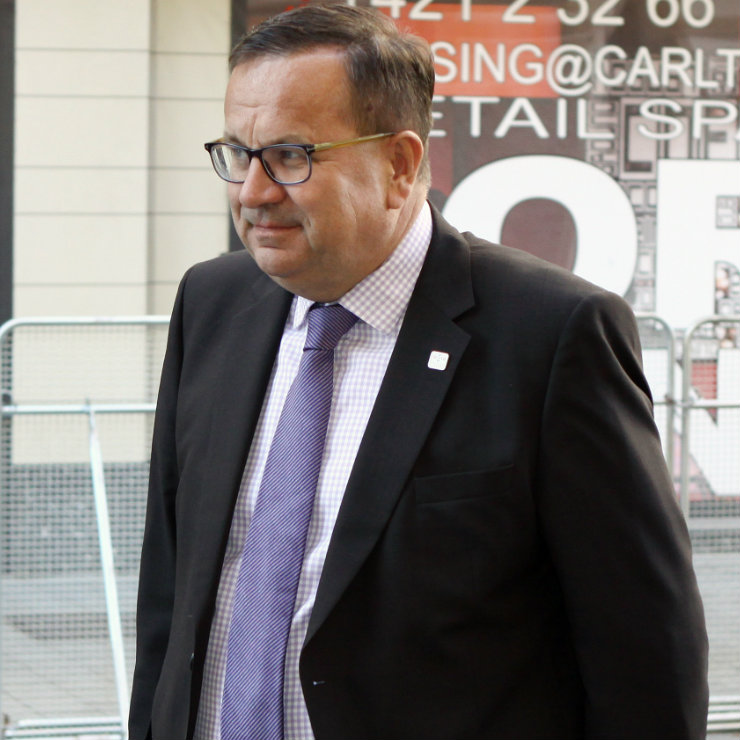
The Czech Republic sees Russia as one of its key trade and economic partners and would like to curb current negative trade dynamics, Czech Minister of Industry and Trade Jan Mladek told the Russian news agency TASS.
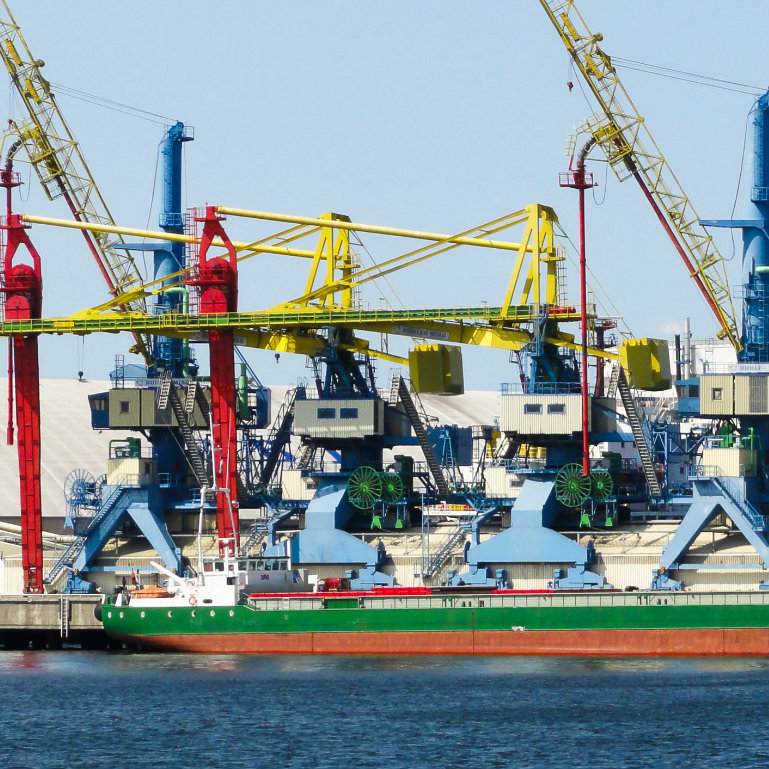
The ports of Estonia, Latvia and Lithuania are facing a lull in activity, with cargoes from the east into Europe and from the West into Russia finding new routes to circumvent Baltic ports.
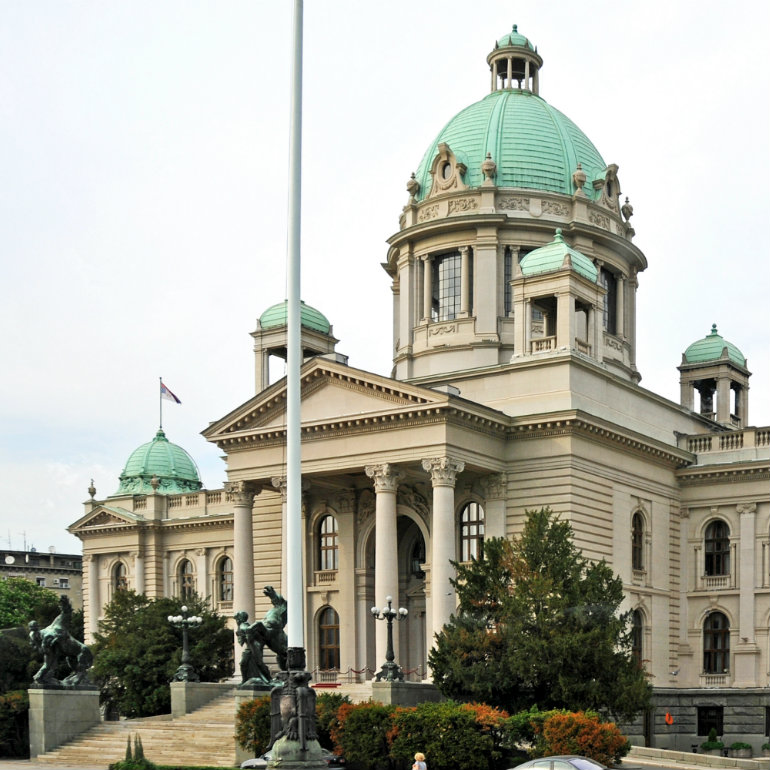
Serbia will need to find alternative supply routes for supplies of Russian gas by 2019, Director of Serbia's state-owned gas enterprise Srbijagas Dusan Bajatovic said.
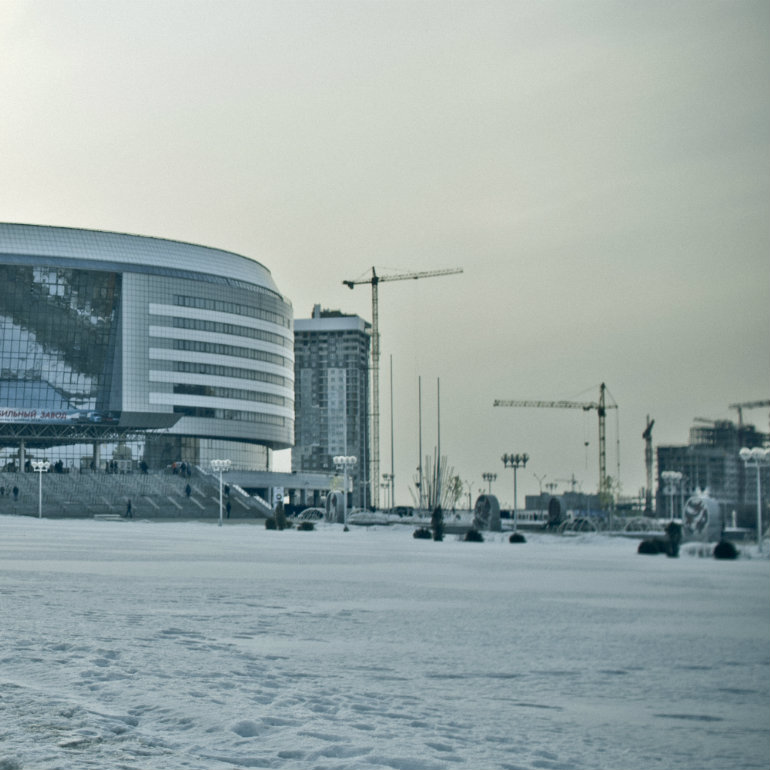
After a few years of slow but stable growth Belarus is in recession.
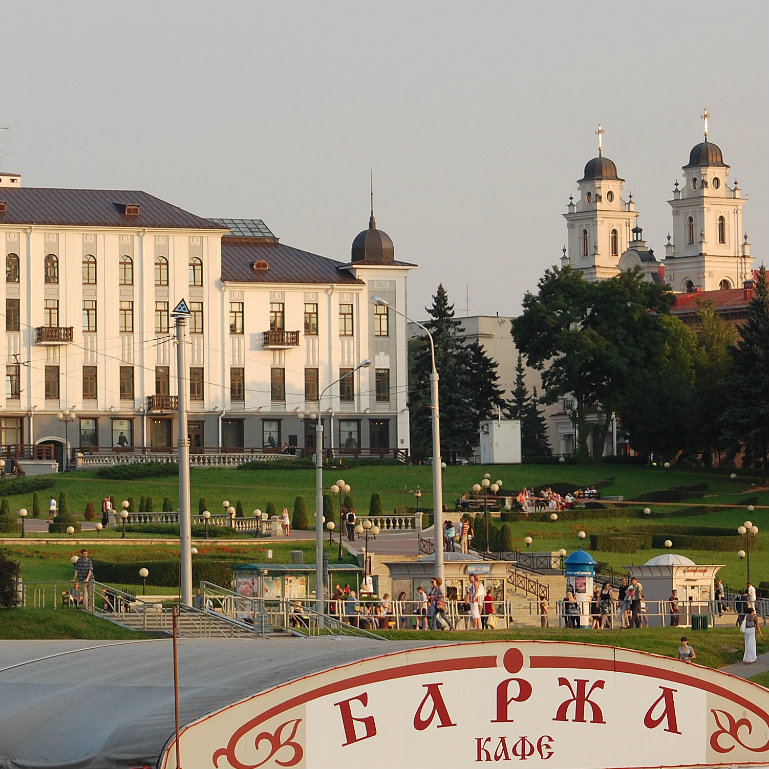
The current improvement in relations between Belarus and the European Union provides the country with an opportunity to secure more funding for infrastructure and other projects from European multinational lenders.
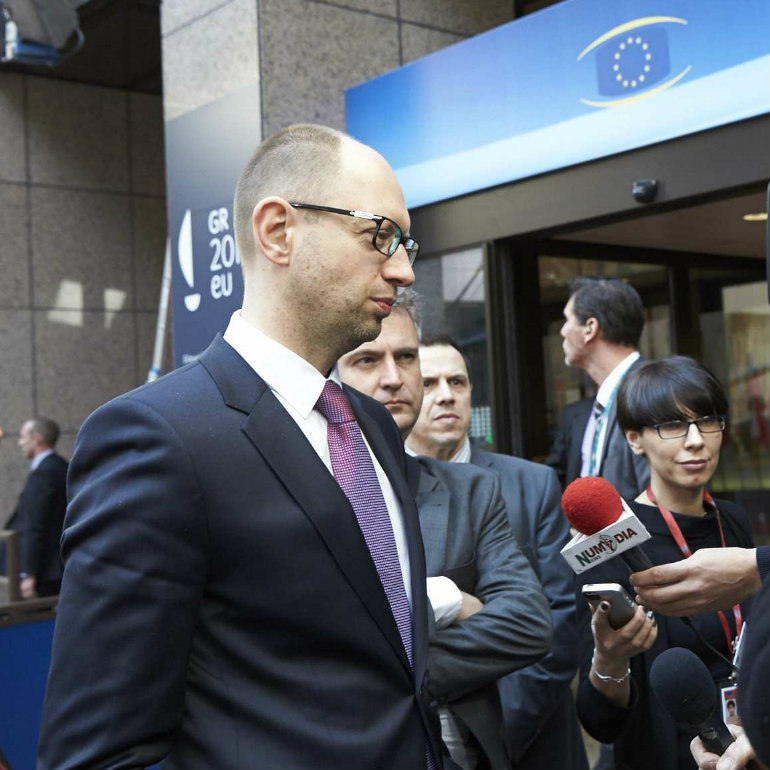
Prime Minister Arseniy Yatsenyuk is considering entering the path of a trade war with Russia, as it opposes the trade part of the EU-Ukraine Association Agreement which was initially supposed to become effective a year ago.
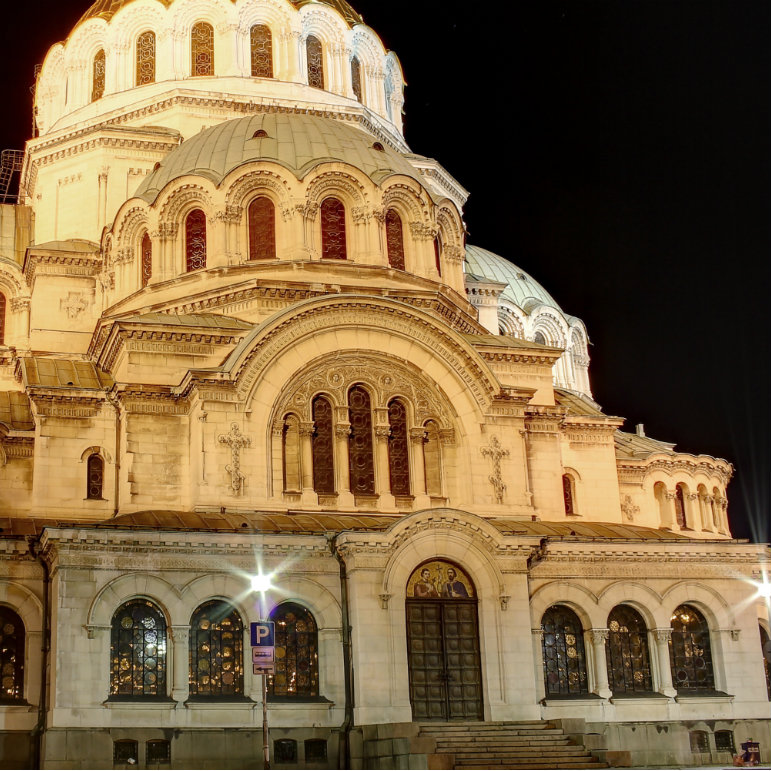
Bulgaria can be a door opener for Turkey’s EU accession, said Bulgarian PM Boyko Borissov during the visit of Ahmet Davutoglu, his Turkish counterpart, in Sofia.
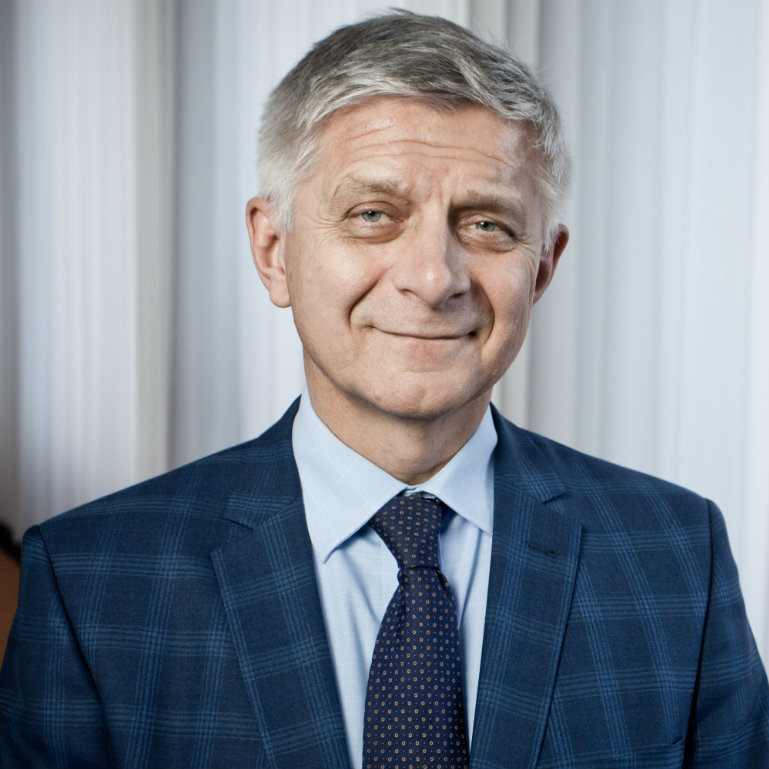
CE Financial Observer talks to Marek Belka, Governor of the Polish central bank NBP, about the future of the Polish economy, the role of the central bank and the situation in Central Europe.